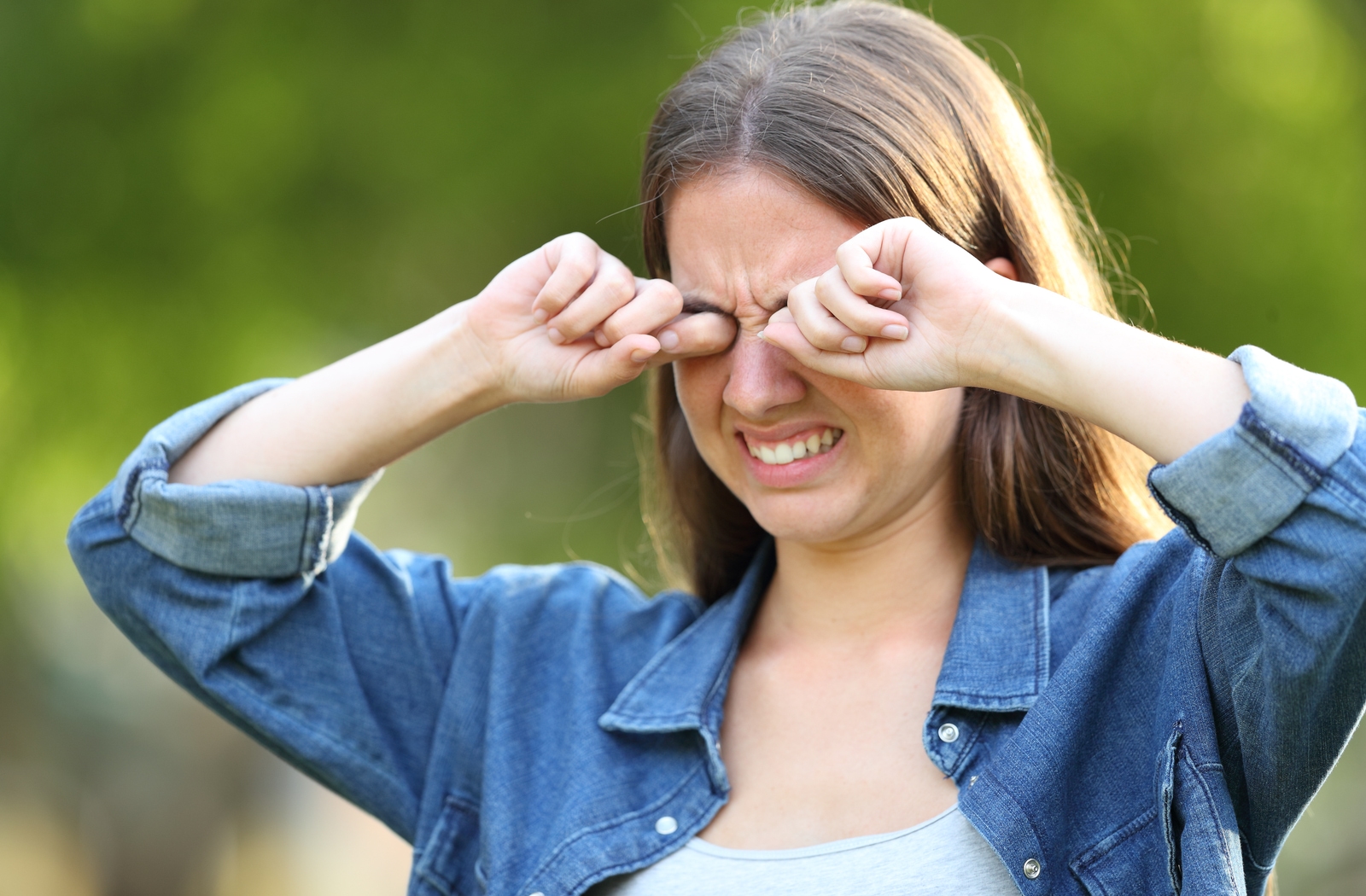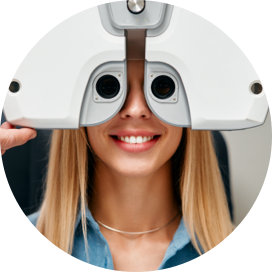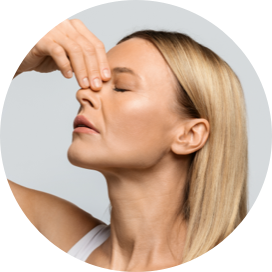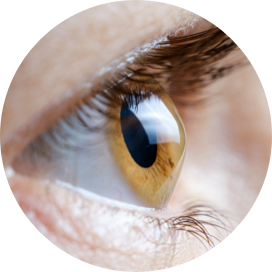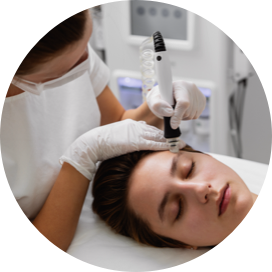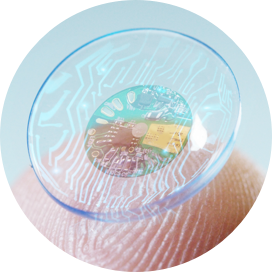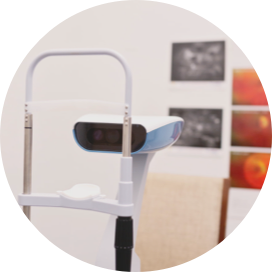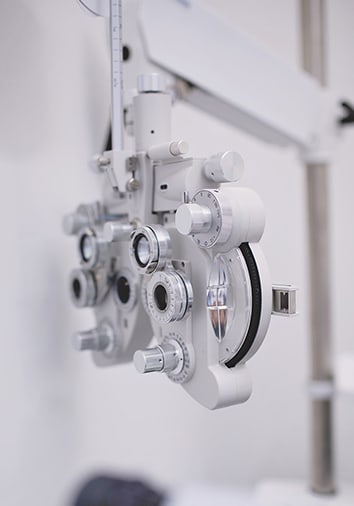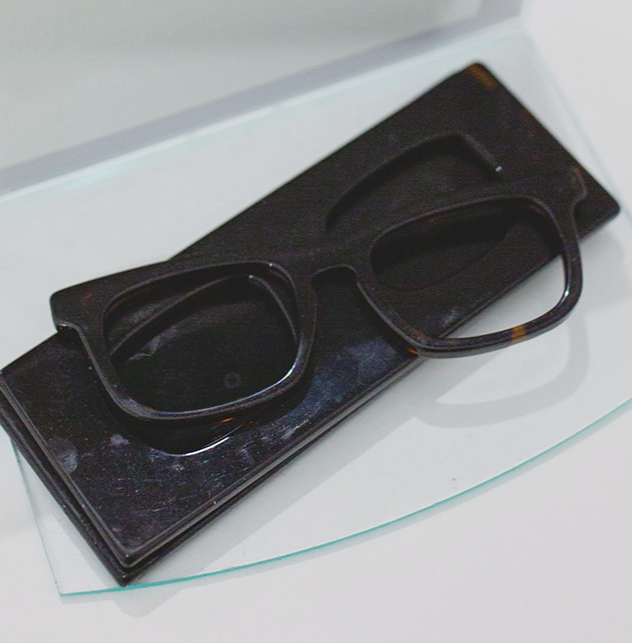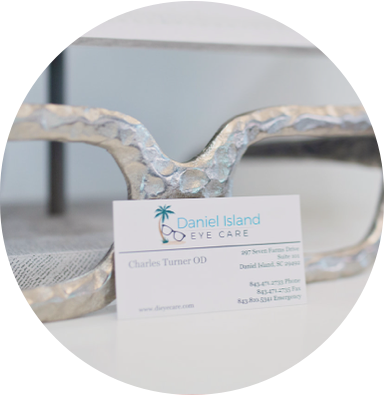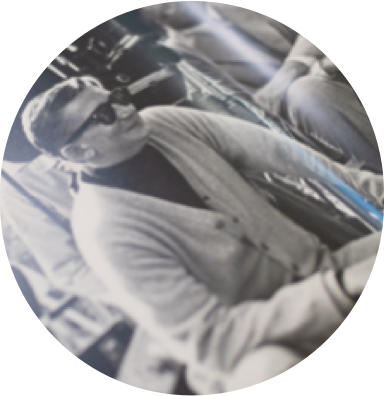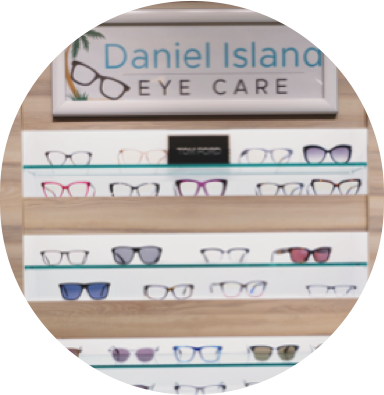When it comes to eye care, your comfort is vital. The appearance of dry and itchy eyes can shake that comfort and be stressful to deal with. Bringing up any issues with your optometrist is essential to alleviate eye care concerns as soon as possible.
But why do you have dry and itchy eyes? Let’s explore some of the causes, including treatment methods.
What Causes Dry & Itchy Eyes?
If you’re experiencing dry, itchy eyes, it could be because of several factors. Dry and itchy eyes can appear out of nowhere, whether it’s the seasons changing or an eye infection.
The causes of dry and itchy eyes can be numerous, and it can be difficult to pinpoint what’s affecting you—let’s look at some of the causes.
Common Causes of Itchy Eyes
The good news is that usually, itchy eyes aren’t a sign of something more serious.
Some common causes of itchiness include:
- Chronic dry eye
- Contact lenses not fitting correctly
- Having something in your eye, like sand or an eyelash
- Allergies
- Keratitis
- Pink Eye
- Eye infection
Itchy eyes can be as simple as allergy season catching up with you. Your eyes may react to something in the air whether you’re at home or outside.
Some allergens you may be dealing with include:
- Outdoor substances like pollen from trees, grasses, weeds, and shrubs.
- Indoor substances like dust mites, fungus, mold, and tiny bits of pet skin.
- Man-made substances like tobacco smoke, perfume, chemicals, and exhaust fumes.
Eye infections can also be a contributing factor to itchy eyes and when dealing with these infections, getting in touch with your optometrist for treatment is essential.
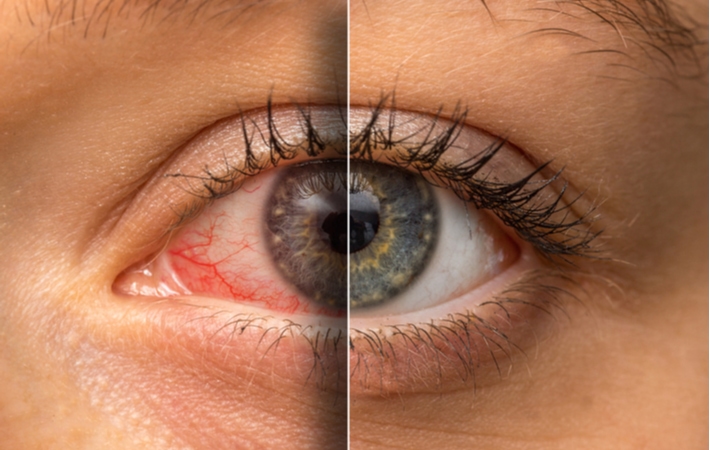
Common Causes of Dry Eyes
Dry eyes, also known as dry eye disease, occur when your eyes don’t produce enough tears or those tears evaporate too quickly. Dry eye disease is usually caused by the inability of the tear film to lubricate the eye properly.
Your tear film consists of 3 layers: fatty oils, aqueous fluid, and mucus. This combination keeps your eyes lubricated, and any interruption to these layers can lead to dry eyes. Even overnight, while sleeping, this disruption can occur.
Some symptoms of dry eye disease include:
- Burning, irritated eyes
- Heavy, tired, or fatigued eyes
- Blurred vision
- Sensitivity to light
- Ocular redness
- Itchy eyes
While dry eye disease is more common in people who are 50 or older, it’s important to understand the causes of dry eye.
The causes of dry eye disease include:
- Exposure to the wind or dry air
- LASIK eye surgery
- Various medications, including those used to treat high blood pressure, insomnia, allergies
- Aging
- Long-term contact lens wear
- Staring at a computer for long hours
- Not blinking enough
With dry and itchy eyes, if your eyes are consistently more dry than itchy—you may have dry eye disease, and you should consult your optometrist for treatment options.
Digital Eye Strain
Because of the digital nature of everyday life, digital eye strain is a very real problem we all deal with day-to-day, whether that means staring at your computer screen for long hours during work or playing games for long periods of time.
Some symptoms of digital eye strain include:
- Sore, tired eyes
- Dry and/or red eyes
- Blurred vision
- Headaches
- Trouble sleeping
Digital eye strain can dry out your eyes and is one of the factors of dry and itchy eyes.
Now that we know some of the causes of dry and itchy eyes—let’s look at some treatment and prevention options.
Treatment & Prevention of Dry, Itchy Eyes
Treating dry and itchy eyes is about diagnosis and prevention. Your optometrist will be able to conduct a thorough exam to determine the extent of any eye conditions you may have.
However, there are some at-home treatment and prevention options available to you.
Some treatment options for dry and itchy eyes include:
- Over-the-counter (OTC) eye drops—dry, itchy eyes can be treated with OTC eye drops, ranging from artificial tears to eye drops for allergies or redness.
- Cold compresses—soak a washcloth in cold water to place over your closed eyes. This cold compress can help soothe your eyes and can be repeated.
Your dry and itchy eyes can result from things like allergies or digital eye strain, so prevention is essential.
Some prevention methods include:
- Using a humidifier to add moisture to the dry air inside your home
- Following the 20-20-20 rule when working on your computer
- Wearing sunglasses, even when you don’t think it’s necessary to protect from sun rays
- Avoiding air getting blown in your eyes
- Staying away from drier than normal environments
- Avoiding smoking and secondhand smoke
You’re more likely to experience dry, itchy eyes in drier than normal environments or during the winter. Allergy season can also contribute, and practicing prevention methods is a great way to keep your eyes healthy.
Keeping Your Eyes Healthy
Persistent dry and itchy eyes are no fun, and monitoring your symptoms is essential to understand what you’re dealing with. Prevention methods can help, but your optometrist will assist you if you eventually succumb to dry and itchy eyes. Book an appointment with Daniel Island Eye Care today to treat your dry and itchy eyes. We serve the Daniel Island, Charleston, and Mount Pleasant areas in South Carolina.

